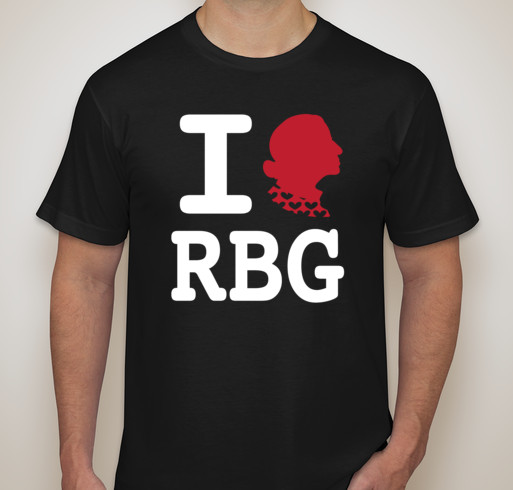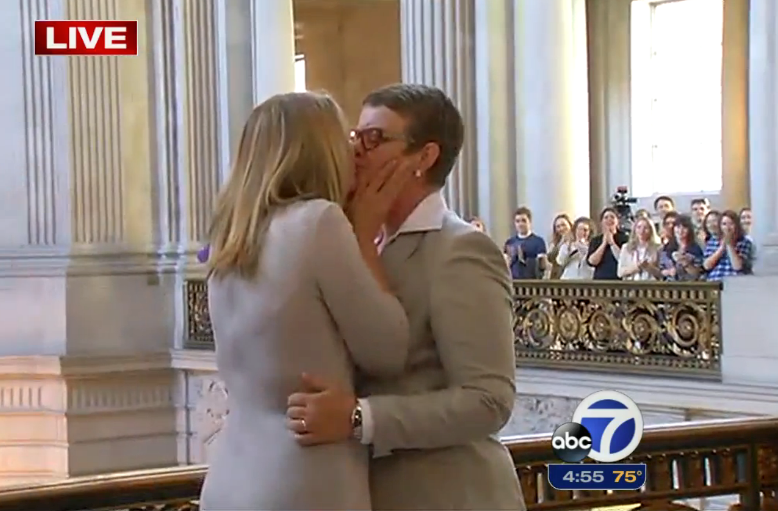The Chief Justice offered these remarks (my best efforts at transcribing) at the 4th Circuit judicial conference, in response to a question from Judge Wilkinson on the aggressive questioning from the Nine.
We don’t talk about the cases before the argument. When we get out on the bench, this is the first time we get clues about what our colleagues think. We use questions as a way to bring out points that our colleagues ought to know about. We do tend to debate each other through counsel. That’s an explanation.
We do overdo it. The bench has gotten more and more aggressive Recent appointees tended to be more active in questioning than the Justices they replaced. There is nothing bad about that. It’s just the fact.
I have had to act as an umpire in terms of the competition among my colleagues to get a question out. They are not being rude. But you don’t always pick up with the acoustics that a colleague on the other end of a bench has asked a question. I do think we have gone too far. We talk about it a little bit. We try to make sure we don’t prevent a lawyer from reserving argument time for rebuttal by asking questions time when trying to sit down. It is too much. I think we do need to address it. The lawyers feel cheated. It’s nice to get a feel where everyone else is.
I’m sure I’m as guilty as most from time to time. Going out on the bench, I said, look let’s not interrupt when the white light is one, and I Found myself asking questions when the white light was on.
I can’t help but think the Chief is referring to Justice Sotomayor, who is definitely more aggressive than Justice Souter (I’ve commented on the Chief playing umpire with Sotomayor here).
In the Times, Adam Liptak wrote:
Adam Liptak compared Sotomayor to her predecessor: “Where Justice David H. Souter would deploy a single finely constructed query, Justice Sotomayor is apt to barrage advocates with a series of insistent questions.”
Joan Biskupic made a similar observation.
Joan Biskupic noted that “Sotomayor asks more questions than any new justice in recent years and more than many veterans.”
I’m actually working on an article that analyzes interruptions on the Supreme Court bench. I have some data about this, which I’ll publish later.




